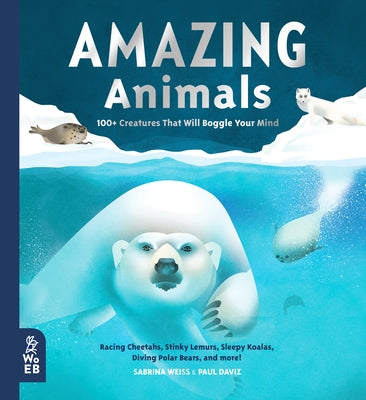Sale 10% Off Your First Order
Sale 10% Off Your First Order
Movies & TV
Toys & Collectibles
- Home
- Tempests, Poxes, Predators, and People: Stress in Wild Animals and How They Cope
Description
Although scientists have discovered many fundamental physiological and behavioral mechanisms that comprise the stress response, most of current knowledge is based on laboratory experiments using domesticated or captive animals. Scientists are only beginning, however, to understand how stress impacts wild animals - by studying the nature of the stressful stimuli that animals in their natural environments have adapted to for survival, and what the mechanisms that allow that survival might be. This book summarizes, for the first time, several decades of work on understanding stress in natural contexts. The aim is two-fold. The first goal of this work is to place modern stress research into an evolutionary context. The stress response clearly did not evolve to cause disease, so that studying how animals use the stress response to survive in the wild should provide insight into why mechanisms evolved the way that they did. The second goal is to provide predictions on how wild animals might cope with the Anthropocene, the current period of Earth's history characterized by the massive human remodeling of habitats on a global scale. Conservation of species will rely upon how wild animals use their stress response to successfully cope with human-created stressors.
About the Author
L. Michael Romero is Professor of Biology at Tufts University. John C. Wingfield is Distinguished Professor of Neurobiology, Physiology, and Behavior and Endowed Chair in Physiology at the University of California, Davis. Professors Romero and Wingfield have spent their careers studying the endocrinology of wild animals in their natural habitats. A major focus has been on how animals cope with stressors in the environment. Between the two of them, they have studied over 100 different species covering all of the major vertebrate taxa (mammals, birds, fish, reptiles, and amphibians).
About the Author
L. Michael Romero is Professor of Biology at Tufts University. John C. Wingfield is Distinguished Professor of Neurobiology, Physiology, and Behavior and Endowed Chair in Physiology at the University of California, Davis. Professors Romero and Wingfield have spent their careers studying the endocrinology of wild animals in their natural habitats. A major focus has been on how animals cope with stressors in the environment. Between the two of them, they have studied over 100 different species covering all of the major vertebrate taxa (mammals, birds, fish, reptiles, and amphibians).
Related Products
You May Also Like
-
$13.99 $18.99
-
$10.99 $14.99
-
-
$12.99 $16.95
-
$5.99 $7.99
Recently Viewed Products
Related Products
Recently viewed products
Shopping cart
close
-
WHAT ARE YOU LOOKING FOR?Search
- Home
- Movies & TV
- Music
- Toys & Collectibles
- Video Games
- Books
- Electronics
- About us
- Castle Chronicles
- Contact us
- Login / Register











